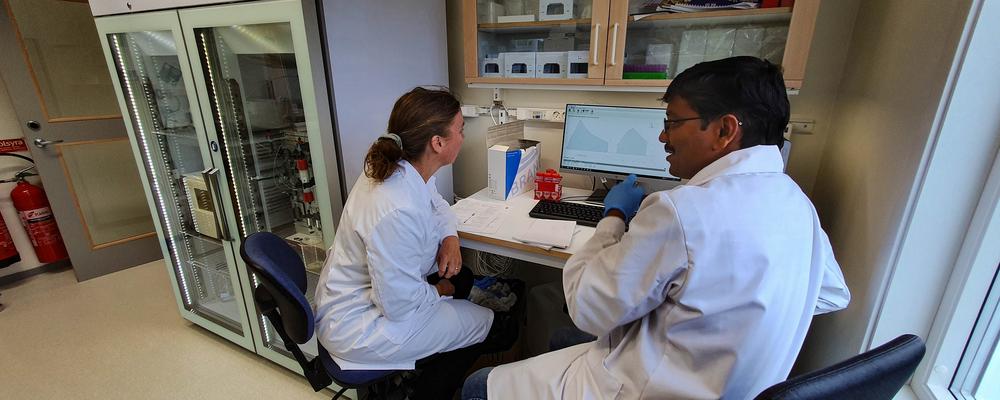New National Research Infrastructure Coordinated by Core Facilities
A new nationally distributed research infrastructure – Protein Production Sweden (PPS) – will start up in the beginning of 2022. The Swedish Research Council has granted financing for a five-year period, until 2026. Five universities form the infrastructure and offer expert competence in various techniques of protein production. Researchers across Sweden will get access via a joint hub and will have the possibility to get support based on their research needs.
The Swedish Research Council (VR) has granted just over SEK 8.5 million per year during five years for the formation of a national infrastructure for protein production. VR has given high grades to the application, among other things highlighting the effect on both research and society. Benefits are seen particularly for improved treatment of diseases and for the pharmaceutical industry.
The five universities behind the infrastructure called Protein Production Sweden are Karolinska Institutet, Umeå University, Lund University, KTH and the University of Gothenburg which also hosts and leads the work. The plan is that the infrastructure will be up and running in early 2022.
The various units have specialized knowledge and will offer protein production in:
- E-.coli (Karolinska Institutet and Umeå University)
- Insect cells (Lund University)
- Mammalian cells (University of Gothenburg and KTH)
- Yeast cells (University of Gothenburg)
- Plant cells (Umeå University)
- in vitro methods (University of Gothenburg)
Unlike other infrastructures, such as BioMS or NMI, PPS is not an instrument-heavy facility. The funds applied for are therefore primarily used to increase the staff at each unit in order to offer broad research support and to build up a strong national competence centre.


